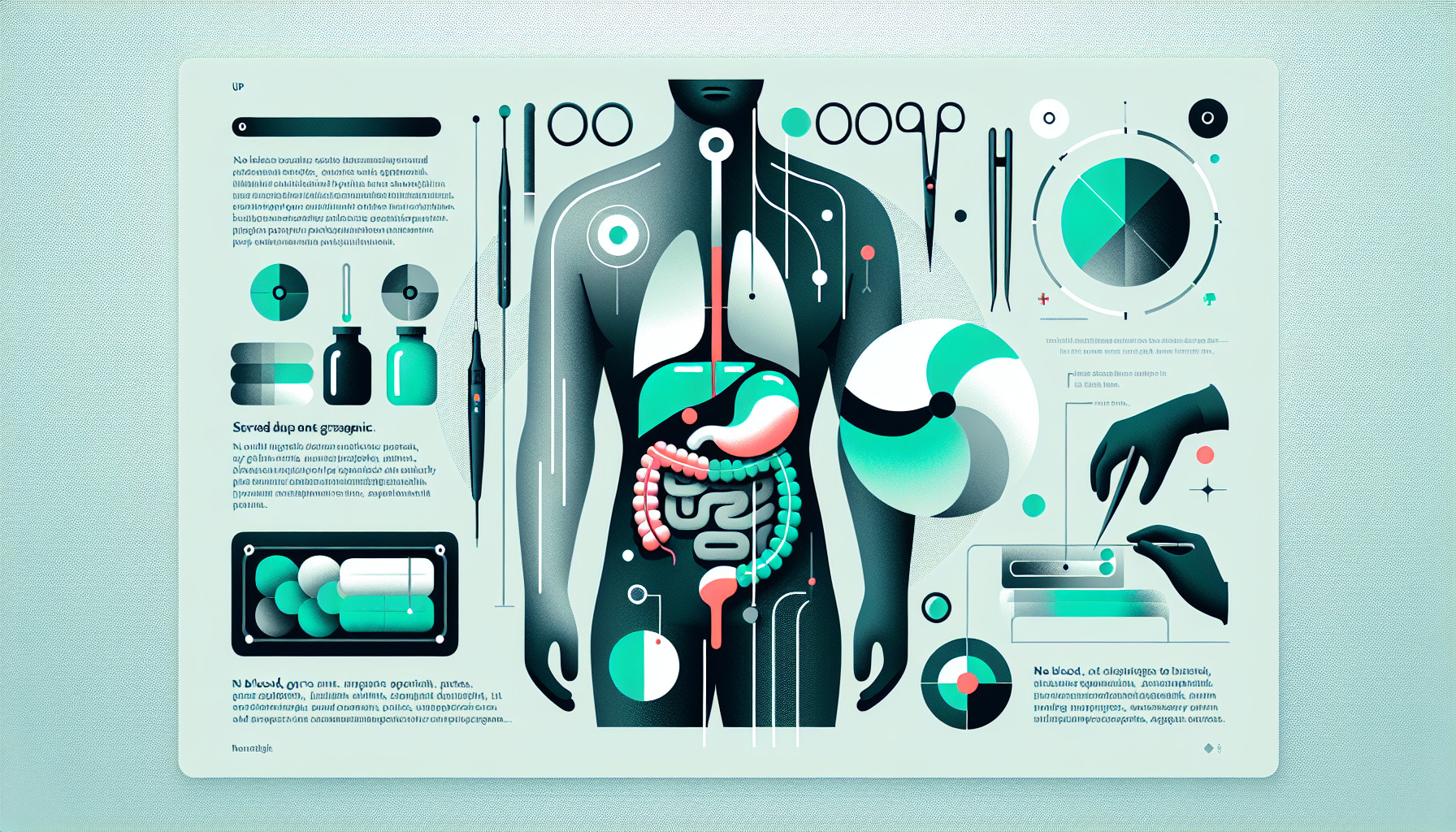Our Summary
This research paper looks at injuries to the biliary tract in children, which is an area that hasn’t been widely studied. The biliary tract includes the liver, gall bladder, and bile ducts, which help digest food. The study looked at the medical records of nine children who had these types of injuries between 2009 and 2017.
The injuries happened in a variety of ways, including car accidents, falls, and gunshot wounds. They were diagnosed through different tests, including CT scans, and by looking for bile leakage in different areas.
Treatment varied depending on how severe the injury was and where it was located. Some children were treated with a procedure that involved inserting a stent, or tube, to help bile flow. Others needed surgery, including removing the gallbladder, repairing the injury, or rerouting the bile flow.
After treatment, all of the children were doing well and didn’t show any signs of ongoing problems. The researchers conclude that specific signs on a CT scan and the presence of fluid in the abdomen should be considered as indicators of a biliary tract injury. They recommend a team-based approach for diagnosing and treating these injuries, and suggest that surgery may be needed in some cases.
FAQs
- What is the biliary tract and what is its function in the body?
- How were the biliary tract injuries in the children diagnosed and treated in the study?
- What are the recommendations of the researchers for diagnosing and treating biliary tract injuries in children?
Doctor’s Tip
A doctor might tell a patient undergoing bile duct surgery to follow all pre-operative instructions carefully, including fasting before the surgery and stopping certain medications as directed. They may also advise the patient to avoid heavy lifting or strenuous activity after the surgery to allow for proper healing. It’s important for the patient to closely follow the post-operative care plan provided by their healthcare team to ensure a successful recovery.
Suitable For
Patients who are typically recommended bile duct surgery include those with:
Biliary tract injuries: Patients who have suffered injuries to the biliary tract, such as trauma from car accidents, falls, or gunshot wounds, may require surgery to repair the damage and restore normal bile flow.
Biliary obstruction: Patients with blockages in the bile ducts, such as from gallstones or tumors, may need surgery to remove the obstruction and allow bile to flow freely.
Biliary strictures: Patients with narrowed or scarred bile ducts may require surgery to widen the duct and improve bile flow.
Biliary leaks: Patients with bile leaks, which can occur after gallbladder surgery or other procedures, may need surgery to repair the leak and prevent further complications.
Biliary dyskinesia: Patients with abnormal movement of the bile ducts, which can cause pain and digestive problems, may benefit from surgery to correct the issue.
Overall, patients who have significant biliary tract problems that cannot be managed with conservative treatments may be recommended for bile duct surgery to improve their symptoms and prevent complications.
Timeline
Before bile duct surgery, a patient may experience symptoms such as abdominal pain, jaundice, fever, and vomiting. They may undergo various tests such as blood tests, imaging scans (CT scan, MRI, ultrasound), and endoscopic procedures to diagnose the issue. Once a biliary tract injury is identified, treatment options may include medication, inserting a stent, or surgery.
After bile duct surgery, a patient will typically need to stay in the hospital for a few days to recover. They may experience pain and discomfort, which can be managed with pain medication. They will also need to follow a specific diet and avoid certain activities to aid in the healing process. Follow-up appointments with the surgeon will be necessary to monitor progress and ensure that the surgery was successful in resolving the biliary tract injury.
What to Ask Your Doctor
Some questions a patient should ask their doctor about bile duct surgery include:
- What specific type of bile duct surgery will I be undergoing?
- What are the risks and benefits of this surgery?
- What is the success rate of this surgery for my particular condition?
- What is the recovery process like and how long will it take?
- Are there any potential complications or side effects I should be aware of?
- Will I need any additional treatments or medications after the surgery?
- How long will I need to stay in the hospital after the surgery?
- What are the long-term outcomes or potential complications I should be aware of?
- Are there any lifestyle changes or dietary restrictions I should follow after the surgery?
- How frequently will I need follow-up appointments or tests after the surgery?
Reference
Authors: Temiz A, Ezer SS, Gedikoğlu M, Serin E, İnce E, Gezer HÖ, Canan MO, Hiçsönmez A. Journal: Pediatr Surg Int. 2018 Aug;34(8):829-836. doi: 10.1007/s00383-018-4295-4. Epub 2018 Jun 8. PMID: 29948144
